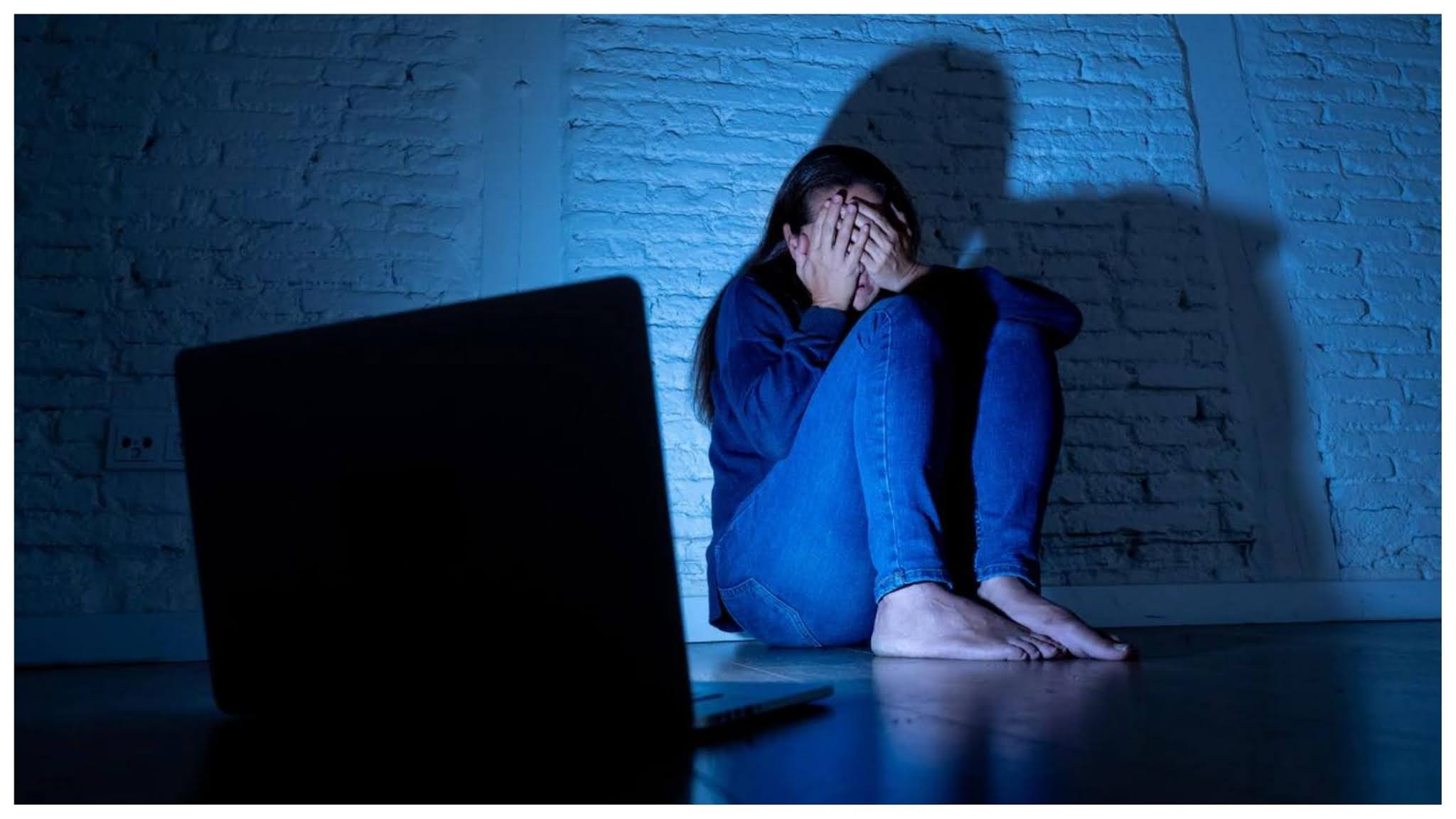 |
| 85% of the country's youth think online bullying is a serious problem: the survey |
85% of the country's youth think online bullying is a serious problem. A survey of 29 percent of young people surveyed said they had been bullied even before the coronavirus epidemic began. However, 18 percent of young people said they have been the victim of more online bullying since the epidemic began.
This is according to a survey conducted jointly by Grameenphone and Telenor Group and Plan International on the impact of the Kovid-19 epidemic on Internet use and online bullying among young people.
The survey was conducted in August and September of this year in Bangladesh, Malaysia, Pakistan, and Thailand.
A total of 3,930 young people participated in the survey, of which 18 percent were Bangladeshi youth.
According to the survey, 75 percent of these young people, online bullying is a serious problem. In keeping with the current trend of digitalization in the country, the importance of keeping an eye on this problem and creating awareness has also increased a lot. Twenty-nine percent of young people surveyed in the country said they had been bullied even before the Kovid outbreak. However, 18 percent said they have become more victims of online bullying since the onset of the global epidemic.
The survey also found that 6 percent of young people in the country are victims of online bullying at least once or more a week. Through social media, messaging apps, and online gaming and video game streaming platforms — these 3 are usually the most commonly harassed online teens.
Participants from 4 countries mentioned their various steps to stop online bullying. This includes ignoring the bully, which makes it possible to stop the person; Changing security settings so that the harasser cannot communicate with him, And discussing this issue with parents or guardians.
The survey also asked what kind of guidance and training young people need to protect themselves online. The results show that young people are 58 percent more interested in social media apps in dealing with online harassment, 46 percent more interested in protecting their privacy online, and 43 percent more interested in improving their mental health and well-being.
In addition, participants are interested in getting 40 percent protection from online bullying in the messaging app and preventing online bullying 36 percent of the time in gaming and streaming video games.
The survey also found that 6 percent of young people surveyed in Bangladesh have been spending more time on the Internet since the beginning of the Kovid-19 epidemic. At the same time, 35% of the youth said that they use the internet all the time, 15% use it mainly in the evening and 2% use internet-only during school hours.
Grameenphone CEO Yasir Ajman reiterated Grameenphone's responsibility to work on resolving the issues raised in the Telenor survey. "To address these issues, we are working with partners such as Telenor and UNICEF to raise awareness and keep our future generations safe online," he said.
"There is no denying that we need to acquire the digital skills of future generations and allow them to use the Internet," he said. That is why we need to have a more cooperative attitude and commitment to keep them safe online. The results of the survey show that this is a deep problem and we all need to work together more to solve this problem. It is very hopeful that the Bangladesh government has taken a timely step to include this subject in the national curriculum to raise awareness.
Manisha Dogra, VP, Sustainability for Telenor in Asia, said: As a result, the need to better understand the ways and means of protecting themselves online is becoming clearer. Awareness, training on online bullying, and creating digital resilience; All stakeholders need to work on these issues. It should not be left to the educational institution only, but parents and all concerned need to be involved in this matter.
"Companies like Telenor are already playing an active role in online security," he said. However, in this case, the results can be made more positive through collaborative participation in partnership with the government, civil society, and academia.
Read More:
Wikipedia 11 interesting facts
What to do if smartphone falls into water
What is the reason for changing the name of Facebook?
SpaceX capsule toilet is broken, astronauts will return to Earth after diapers.

0 Comments
We welcome relevant, respectful comments. Any comments that are sexist or in any other way deemed hateful by our staff will be deleted and constitute grounds for a ban from posting on the site.